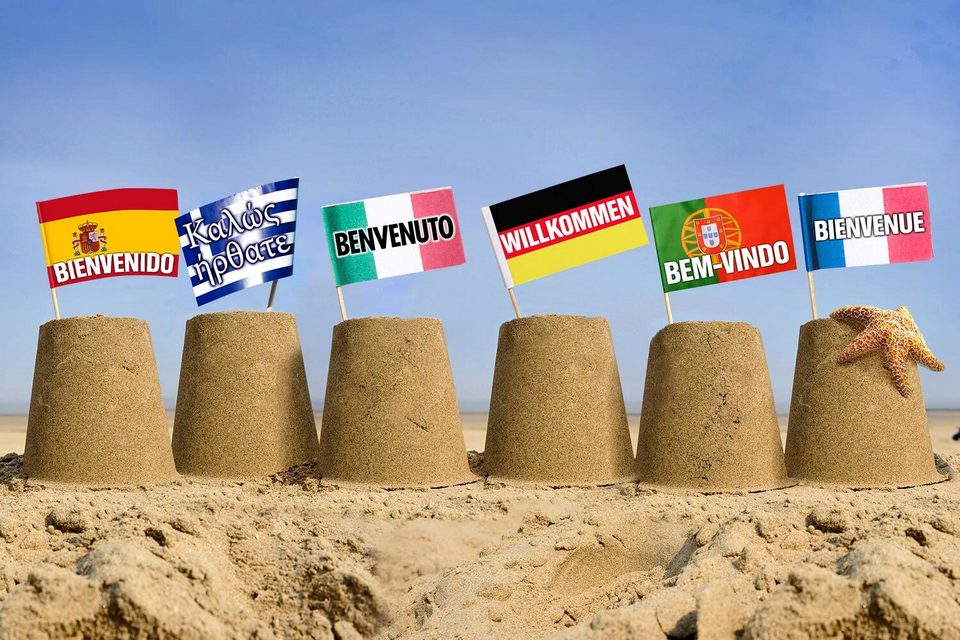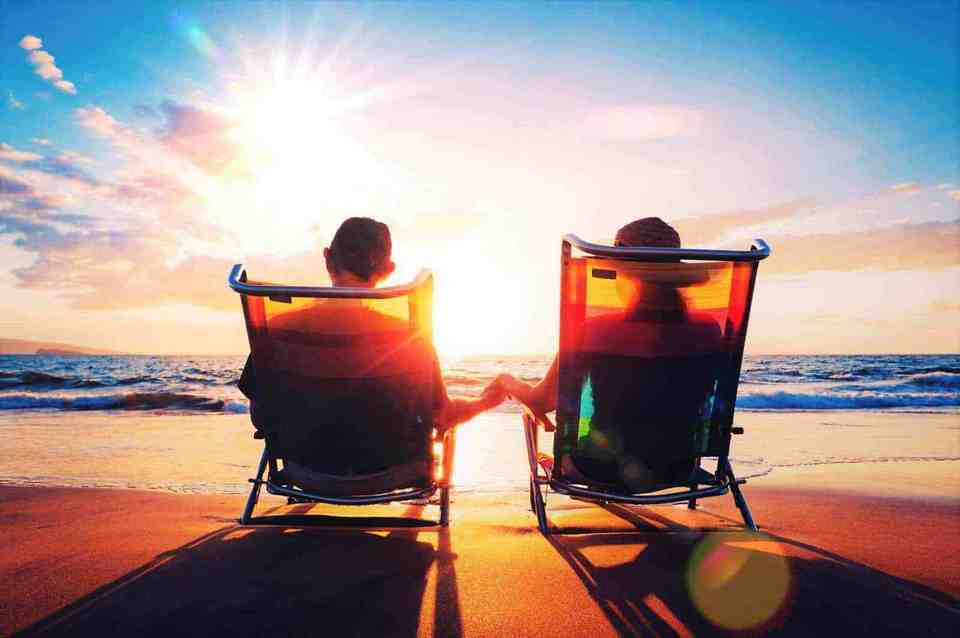
The latest Test and Go rules, from February 1, leave the health insurance requirement at US$50,000 or just over one and a half million baht. However, the Council for Covid-19 Situation Administration (CCSA) is reminding applicants that if their particular policy does not meet the full hospital bill in case of Covid infection in Thailand, then the visitor must make up the cash difference.
Experience has shown that some policies failed to pay the full amount of intensive care treatment, or required the claimant to pay the hospital in advance of the insurance company actually refunding the costs. Or finding a loophole. Some other policies failed to kick in because treatment was sought by the patient at an expensive private hospital rather than a public one or even a converted "hospitel". The CCSA announcement means that the visitor can no longer rely on Thai public funds making up the difference in cases of dispute with the insurer. There is a suggestion that travellers may be able to buy supplementary Covid insurance on arrival, but no detail as yet.

However, if the foreign applicant requires a visa as well as the Test and Go permission – which is limited to 30 days visa exempt on arrival – he or she may run into additional insurance costs. The Thai embassy in London, for example, details that general health insurance (not Covid specific) of at least US$100,000, or just over three million baht, required for the Special Tourist Visa (STV), the O/A one year visa aimed at retirees and even the O visa if it is based on retirement. But other visas, for example for business or marriage or education or Elite, do not have the additional insurance requirement. Nor does the 60 days repeating "Covid extension" which has been around for two years because the land borders remain closed to most foreigners. It is due for another renewal or cancellation or revision next week.
This discrimination persists when requesting an extension of stay at Thai immigration. Those extending the STV or O/A retirement are required to have ongoing insurance, but the rule does not apply to other visa holders including those with O based on retirement. The vast majority of foreigners do not require any insurance to prolong their stay in Thailand. A little-known and scarcely-used 10 year O/X visa, introduced in 2016 for 14 nationalities, does require ongoing insurance. It has complex application rules and requires a police clearance certificate in the home country.
From April, a tourist tax of 300 baht will be added to all inbound air tickets. Some early reports claimed this would remove the need for any traveller insurance which is complete nonsense. In reality, this slush fund will be used to upgrade temples and tourist sites and occasionally pay out on a discretionary basis when a nasty accident (minibus overturning or pleasure boat sinking) results in negative publicity in the foreign press.
A new wave of 10 year visas (actually 5×2) was announced this week by the Thai government. The idea is to encourage wealthy individuals of one sort and another to make Thailand their home base provided they are property owners and investors or well-heeled digital nomads or retirees with huge pensions way beyond the current 800,000 baht floor. Although some specific bits and pieces are known – holders will need to report their address annually rather than quarterly – much of the detail remains unknown. And that gap includes the insurance requirements, if any.
Whilst health insurance is obviously a "good thing" Thailand's requirements are messy to say the least. The variables are enormous dependent on the specific visa or permission, whilst there is abundant evidence from social media that individual embassies and Thai immigration offices do not sing even from a remotely similar hymn sheet. Once international tourism seriously lifts off again, insurance confusion will be a major disincentive. Fewer initiatives and more coherence are urgently required.